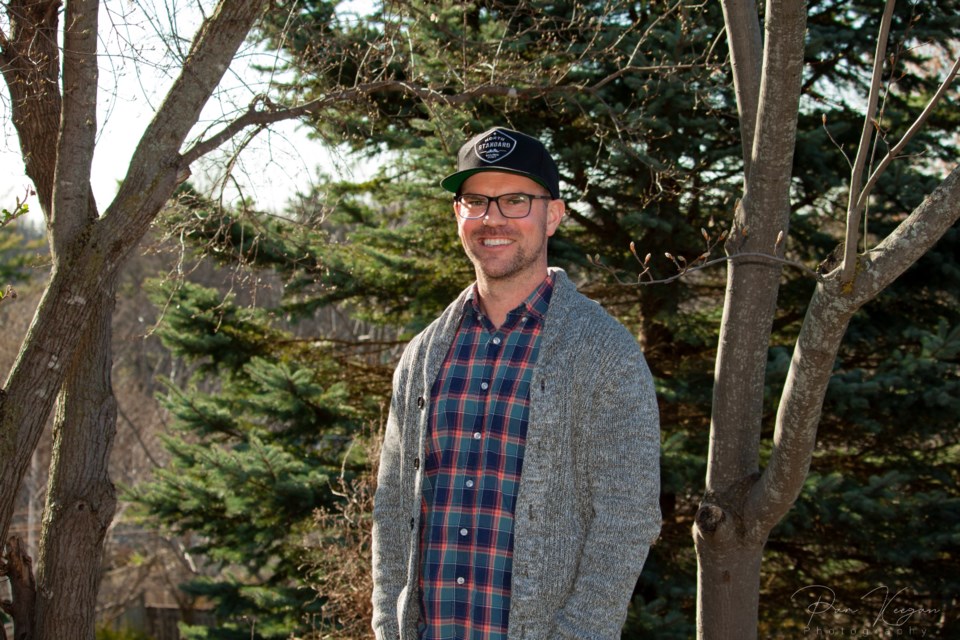A University of Guelph professor would like to see a national survey to specifically cover rural communities in Canada. He has conducted a smaller survey with data focusing on the mental health of people in rural communities during the pandemic.
“There should be a national database that exclusively focuses on agricultural small rural, and remote communities,” said Leith Deacon, U of G professor in the school of environment design and rural development.
The national survey would be based out of the U of G called the Canadian Centre for Rural Data Collection and Analytics. It would collect data from rural and remote communities and it would be publicly available.
Hyper-granular data collection covering rural communities would reflect those communities better since Statistics Canada information is based on the national census, he said.
"For policy makers and program developers in agricultural and rural communities to be able to know what is needed, including those who are responsible for mental health support provision, it is important that they can access reliable and credible data," said Deacon.
The U of G conducted a pilot study encompassing 3,496 participants with survey results from Huron and Perth County.
The Ontario government funded an expansion of the study to include seven more counties and 24,000 participants were included.
“In rural communities where there are heightened rates of gender-based violence, substance abuse and child abuse, it is notable that women reported an 88 per cent decrease in mental health,” said in a U of G article about the findings from the study. The 88 per cent was from data from the expanded study.
During the pandemic cities like Toronto and Vancouver neighbours would wave to each other. In rural areas people can be physically isolated from each other, digitally, or service isolated, said Deacon.
“There are no supports. They have been chronically underfunded for decades,” said Deacon.
“You want to make sure that policies are developed with rural proofing them.” So a policy that works for an urban setting like Toronto makes sense for rural populations too, he said.
“I’m not offering a solution. I’m just offering you data to better understand what it is your community needs to develop a solution, said Deacon.
For psychological services generally someone would need a referral from a doctor, he said. “It’s really hard to get a doctor and if you move outside of a city it’s even harder.”
The smaller pilot study asked questions related to demographics such as age, gender, ethnicity, income, home ownership, length of residency, dependents, and sectoral employment.
The largest employment sectors in the survey were social services, agriculture and education.
Between different age cohorts, more than 16 per cent of people ages 50 and under reported poor mental health since the start of the pandemic.
For those 60 and over, 2.5 per cent reported poor mental health since the start of the pandemic.
“Income was not a factor. There was no discernible difference from someone who made under 40 [thousand dollars],” said Deacon. Than someone who made $120,000, he said.
People understand if a farmer breaks their leg they can't work, said Deacon. "You're mental health is such a critical component of your health. That there's a need for us to stop separating them."
“If people aren’t able to do their jobs. If they’re not able to farm, it matters,” he said.



.png;w=120;h=80;mode=crop)